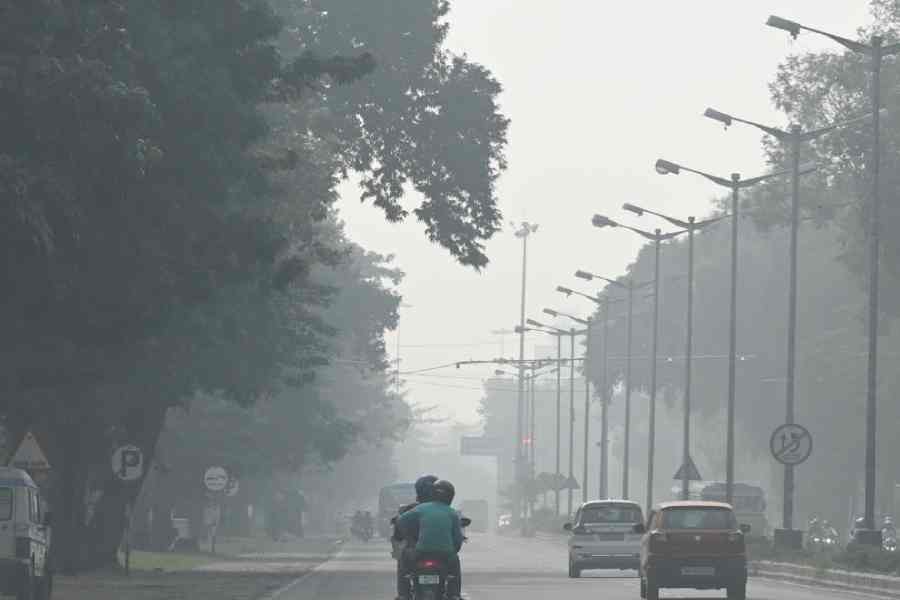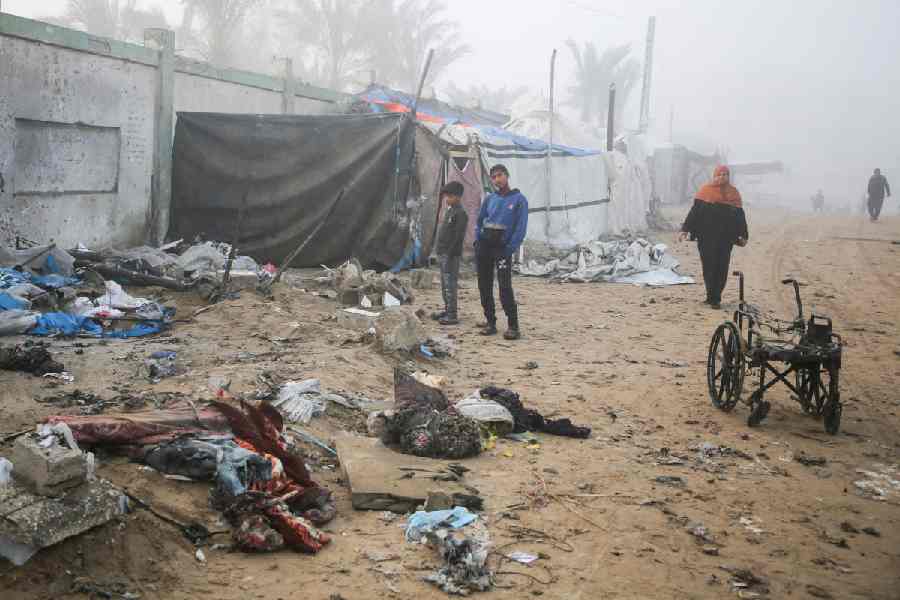The obvious impacts of air pollution are well-known. Take, for instance, the link between air pollution and mortality — foul air is known to cause 2.18 million deaths per year in India, according to some estimates. But there are other, less visible, repercussions of air pollution. One of these is the toll that it takes on education — the education of the needy, to be precise. A recent report shows that school closures under Stages III and IV of the Graded Response Action Plan in Delhi have had a disproportionate impact on the education of children from the socio-economically marginalised sections who do not have the digital means to be part of online schooling. Although the Delhi government has periodically distributed digital devices among students, it was found that families can either not afford the added expense of the internet or use the device for other purposes. Often, when only one device is available in a family, it is used by male children — not necessarily for studying — while girls have to go without attending classes. Unsurprisingly, this has a cascading effect. Girls who are out of school are seen as extra mouths to feed for families struggling to make ends meet and are thus married off early. A pan India study by the Institute of Management Technology even found a directly proportional link among air pollution, climate change-induced extreme weather events and female foeticide and infanticide in India. Air pollution also kick-starts a vicious cycle of poverty — research by the Proceedings of the National Academy of Sciences says that children exposed to high levels of air pollution are less likely to escape poverty in adulthood as the environmental factor impacts their future earnings.
All this underlines the need for more nuanced research and policymaking. For instance, medical professionals with the UNICEF and the All India Institute of Medical Sciences, New Delhi have stated that school closures as part of the GRAP do more harm than good because children are not only breathing the same foul air at home as they would in schools but are also being deprived of education and even nutrition in the form of mid-day meals. It could well be argued, then, that it is myopic policy that has failed the children. Research into unexpected — hidden — intersections between air pollution and other phenomena — a study at the Massachusetts Institute of Technology Sloan, for instance, found that air pollution exacerbates criminal behaviour — needs to go hand in hand with policymaking.











